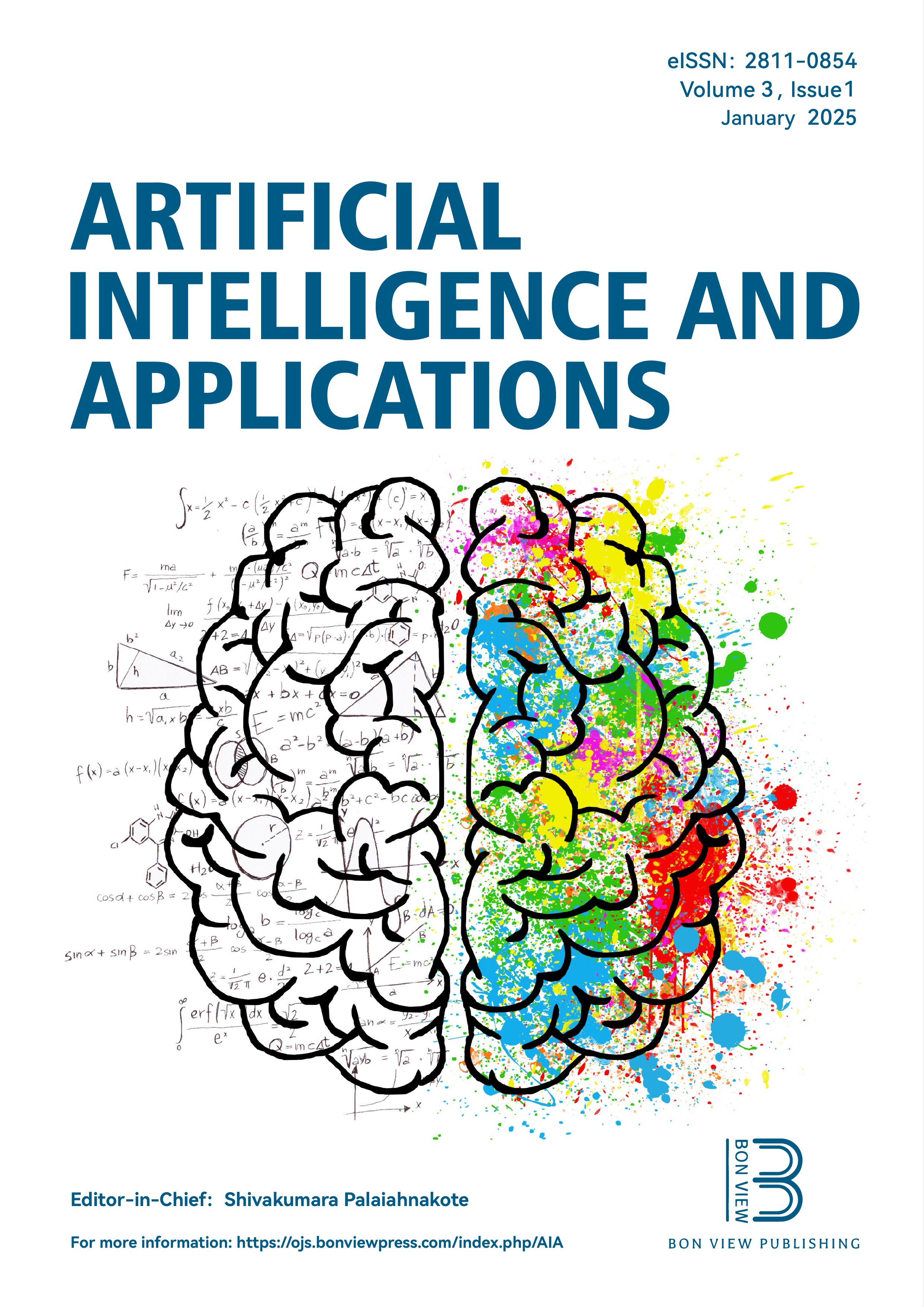Cardiac Disease Diagnosis Using K-Nearest Neighbor Algorithm: A Study on Heart Failure Clinical Records Dataset
DOI:
https://doi.org/10.47852/bonviewAIA42022045Keywords:
K-Nearest neighbors, classification algorithm, machine learning, expert system, heart failure, correlation filter, artificial intelligence as a serviceAbstract
This article introduces an approach to diagnosing heart diseases utilizing the K-Nearest Neighbor (KNN) algorithm and diverse correlation filters for selecting the most pertinent attributes. Results highlight that meticulous filter selection enhances survival predictions in patients with heart diseases. Employing K = 5 and correlation filter CF = 0.1, key attributes for classification were identified as anemia, high blood pressure, serum creatinine, and sex. Omitting the “time” attribute led to information loss but was crucial to prevent biases and generalize predictions across various clinical scenarios. Utilizing these classification parameters, we designed an Android mobile application called “Heart Info System,” functioning as an artificial intelligence service. It employs the KNN algorithm with optimal parameters to evaluate the probability of survival in the progression of heart disease. The main activity of the application retrieves data from a Firebase database. While the study results show promise, the accuracy of the application may be influenced by inaccurate or incomplete input data. Nevertheless, this application has the potential to improve the early detection of heart diseases, paving the way for life-saving interventions.
Received: 11 November 2023 | Revised: 18 April 2024 | Accepted: 25 April 2024
Conflicts of Interest
The authors declare that they have no conflicts of interest to this work.
Data Availability Statement
The data that support the findings of this study are openly available in UCI Machine Learning Repository (Heart Failure Clinical Records Dataset) at https://www.doi.org/10.24432/C5Z89R.
Author Contribution Statement
Vitória Stefane Souza: Software, Validation, Formal analysis, Investigation, Data curation, Writing - original draft, Writing - review & editing, Visualization. Danielli Araújo Lima: Conceptualization, Methodology, Writing - original draft, Writing - review & editing, Visualization, Supervision, Project administration.
Downloads
Published
Issue
Section
License
Copyright (c) 2024 Authors

This work is licensed under a Creative Commons Attribution 4.0 International License.


